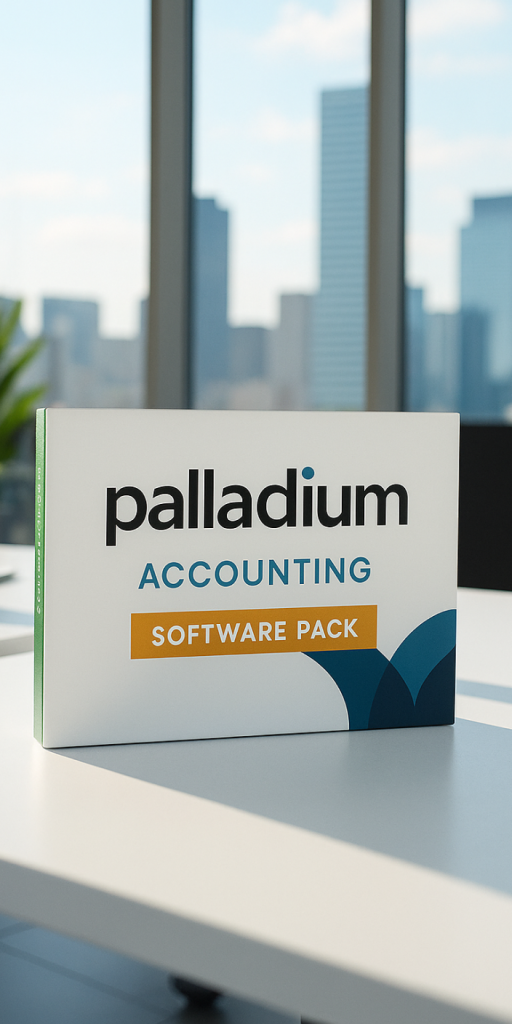So, you’re convinced that accounting technology is the way forward. Excellent! But with a plethora of options available, how do you navigate the tech terrain and choose the right solution for your unique business needs in Abuja (or anywhere else, for that matter)?
The key is to move beyond the buzzwords and focus on practical considerations. Here’s a guide to help you make informed decisions:
1. Understand Your Specific Needs:
Before diving into software demos, take a step back and analyze your current accounting processes and pain points. Ask yourself:
- What are your biggest time-wasters? Is it invoice processing, bank reconciliations, or generating reports?
- What are your current error rates? Are manual data entry mistakes costing you time and money?
- What level of financial insight do you need? Are basic reports sufficient, or do you require more in-depth analytics and forecasting?
- How many users will need access to the system? Consider your current team and potential future growth.
- What is your budget? Accounting software solutions range from affordable basic packages to more comprehensive and costly enterprise-level systems.
- Do you require industry-specific features? Some software is tailored to particular industries like retail, construction, or non-profits.
- What are your integration needs? Will the software need to connect with your existing CRM, e-commerce platform, or other business tools?
2. Explore Different Types of Accounting Technology:
Once you have a clear understanding of your needs, you can start exploring the various types of accounting technology available:
- Cloud-Based Accounting Software: This is often the go-to for SMEs. It offers accessibility from anywhere with an internet connection, automatic updates, and often subscription-based pricing. Popular examples include QuickBooks Online, Xero, and Zoho Books.
- Desktop Accounting Software: Installed directly on your computer, this option might be suitable for businesses with strong on-premise IT infrastructure and a preference for local data storage. Examples include Sage and some versions of QuickBooks Desktop.
- Enterprise Resource Planning (ERP) Systems: While often associated with larger businesses, some ERP systems like SAP Business One are designed for SMEs and offer integrated accounting modules alongside other business functions like CRM and inventory management.
- Specialized Accounting Tools: These focus on specific tasks like invoice automation (e.g., Bill.com), expense management (e.g., Expensify), or payroll processing (e.g., Paystack, Remita). You might integrate these with your core accounting software.
- Business Intelligence (BI) and Analytics Platforms: For businesses requiring deep financial insights and forecasting, BI tools can connect to your accounting software and provide advanced reporting and visualization capabilities.
3. Evaluate and Compare Solutions:
With a shortlist of potential solutions, it’s time for thorough evaluation:
- Request demos: Most software providers offer free demos to showcase their features and user interface.
- Check reviews and testimonials: See what other businesses, particularly those in Nigeria or similar markets, are saying about their experiences.
- Consider ease of use: A complex and unintuitive system will hinder adoption and productivity.
- Assess scalability: Ensure the software can grow with your business.
- Evaluate customer support: Reliable and responsive support is crucial when you encounter issues.
- Inquire about security features: Protecting your financial data is paramount.
- Understand the pricing structure: Be aware of monthly fees, user limits, and any potential add-on costs.
4. Consider Local Factors (Especially in Abuja):
While the core functionality of accounting software remains universal, consider factors relevant to your business environment in Abuja:
- Integration with local payment gateways: If you process online payments, ensure compatibility with popular Nigerian payment gateways.
- Compliance with local tax regulations: While most reputable software will handle basic tax calculations, ensure it aligns with Nigerian tax laws.
- Availability of local support: Having a local partner or support team can be beneficial for troubleshooting and understanding local nuances.
The Takeaway:
Choosing the right accounting technology is an investment in your business’s future. By carefully assessing your needs, exploring the available options, and considering local factors, you can find a solution that not only streamlines your financial operations but also empowers you to make smarter decisions and achieve sustainable growth. Don’t be afraid to explore, ask questions, and find the tech that truly levels up your ledgers.
What are your key considerations when choosing accounting software? Share your insights!



